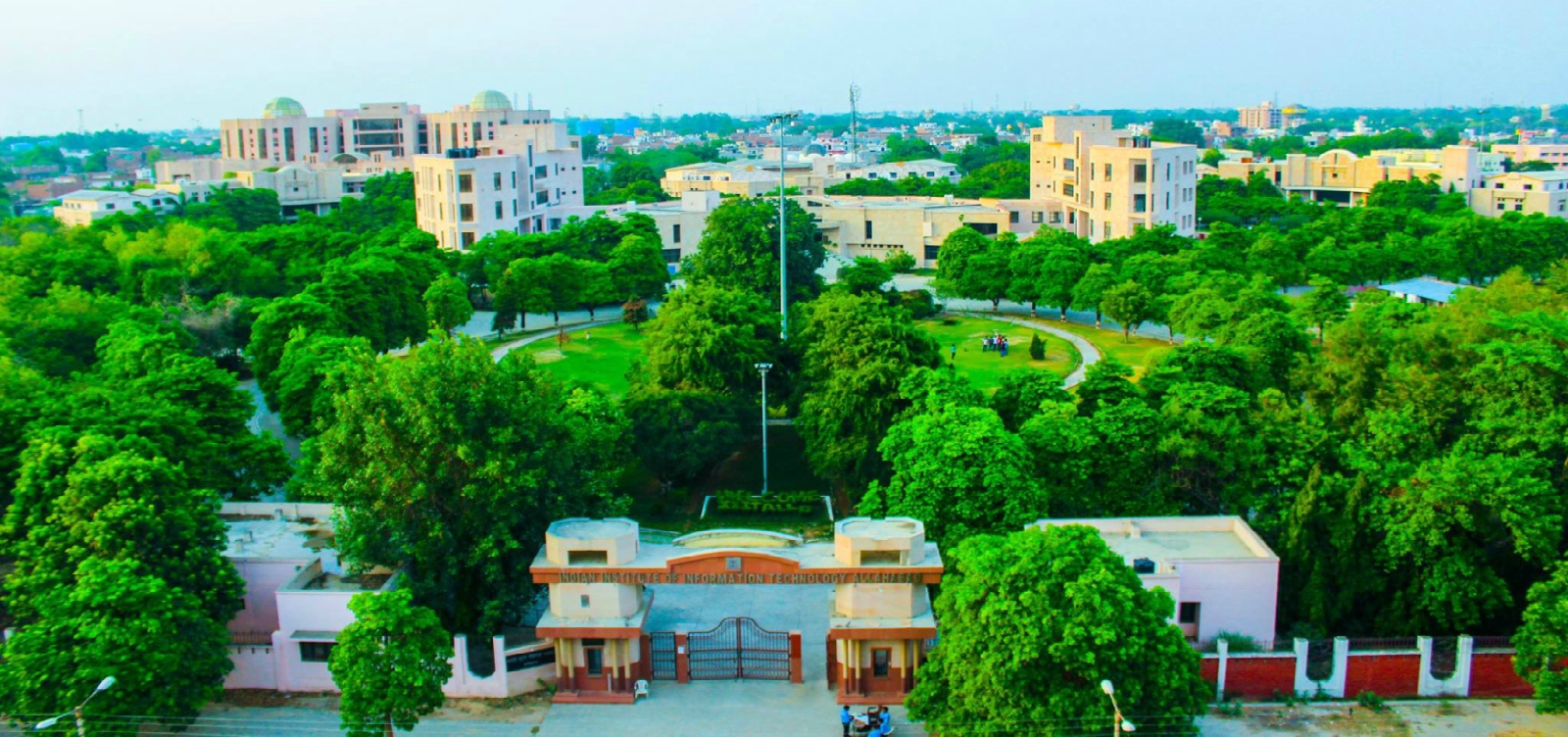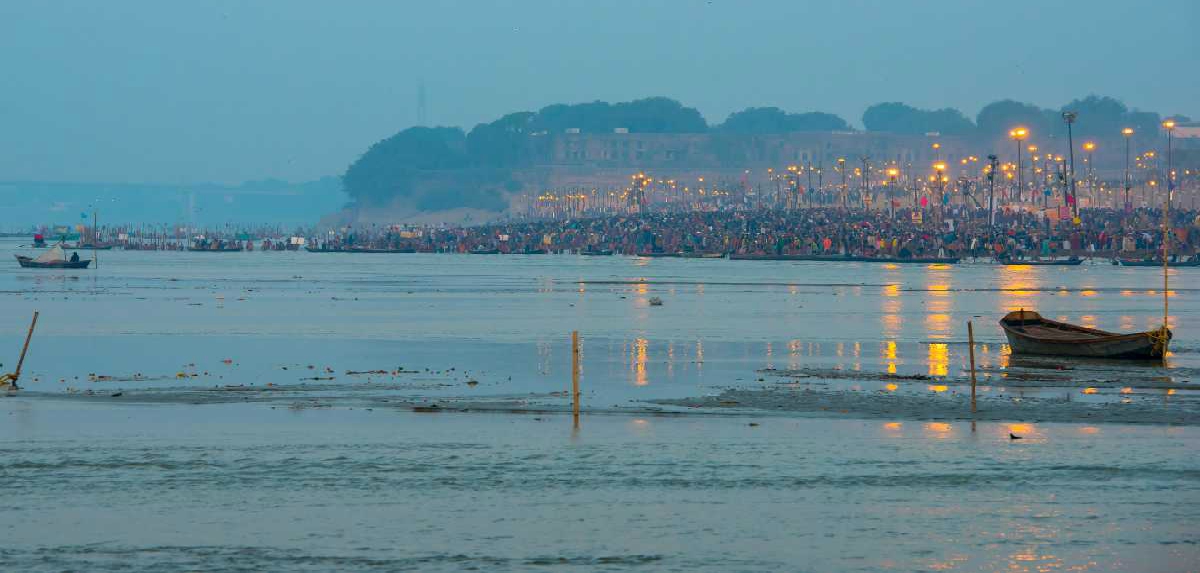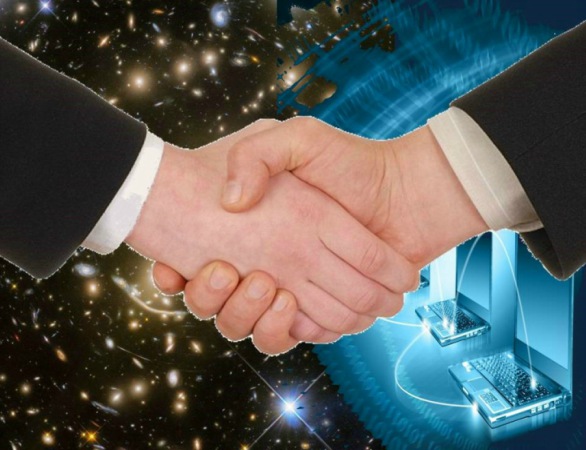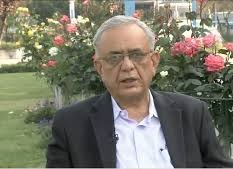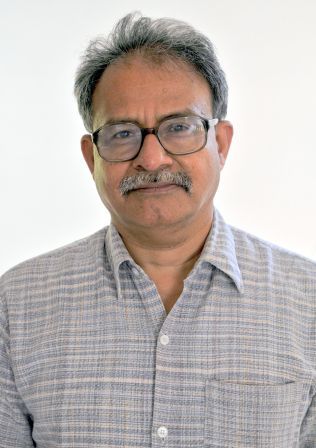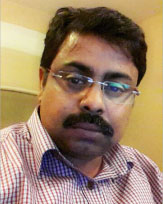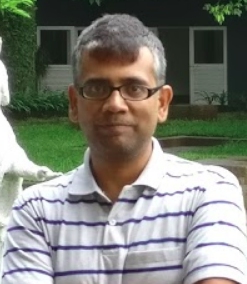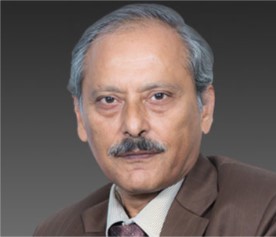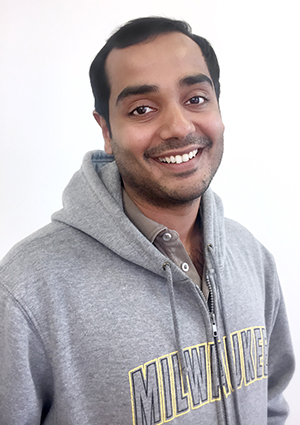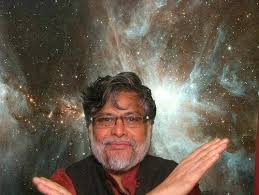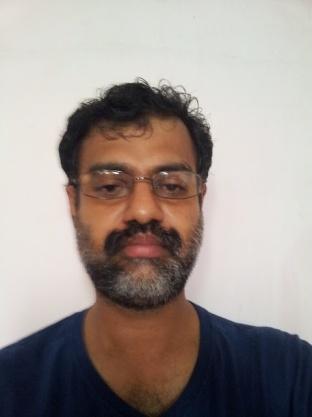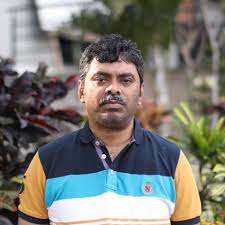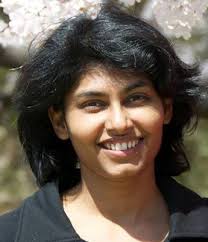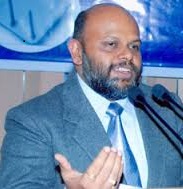About Workshop
Data mining, machine learning,
and knowledge discovery has recently taken center stage of
research in computer science and Information technology. These areas can be thought as
outgrowth of multivariate statistics, which has been used for analysis and interpretation of
large data, which now is known as Big Data. Astronomy has a long history of acquiring,
systematizing, and interpreting large quantities of data. Starting from the earliest sky atlases
through the first major photographic sky surveys of the 20th century, this tradition is
continuing today, and at an ever increasing rate. Like many other fields, astronomy has
become a very data-rich science, driven by the advances in telescope, detector, and
computer technology. Numerous large digital sky surveys and archives already exist, with
information content measured in multiple Terabytes, and even larger, multi-Petabyte data
sets are on the horizon. Systematic observations of the sky, over a range of wavelengths,
are becoming the primary source of astronomical data. Numerical simulations are also
producing comparable volumes of information. Data mining promises to both make the
scientific utilization of these data sets more effective and more complete, and to open
completely new avenues of astronomical research.
Since 11 February 2016, the first detection of gravitational wave was announced by LIGO
collaboration, the research in detection and analyzing gravitational waves from
astrophysical observations have become an intriguing field of research. The second
observation of gravitational waves was made on 26 December 2015 and announced on
15 June 2016. Barry Barish, Kip Thorne and Rainer Weiss were awarded the 2017 Nobel
Prize in Physics for leading this work. Indian astrophysical and astronomical
communities have also contributed significantly into these detections. This has lead to
establish the LIGO-India gravitational-wave observatory, which will provide a great
opportunity to the Indian data scientists and Physics community to work together. LIGOIndia
project will be a part of the worldwide network. The project recently received the inprinciple
approval from the Indian government. This initiative is a collaborative project
between consortium of Indian research institutions and the LIGO Laboratory in the USA,
along with its international partners Australia, Germany and the UK. Hence it is high time
for Indian Data scientists and engineers to collaborate with scientists working in such
cutting edge research which has been recognized by the government of India some of
the thrust areas of research in the country.

